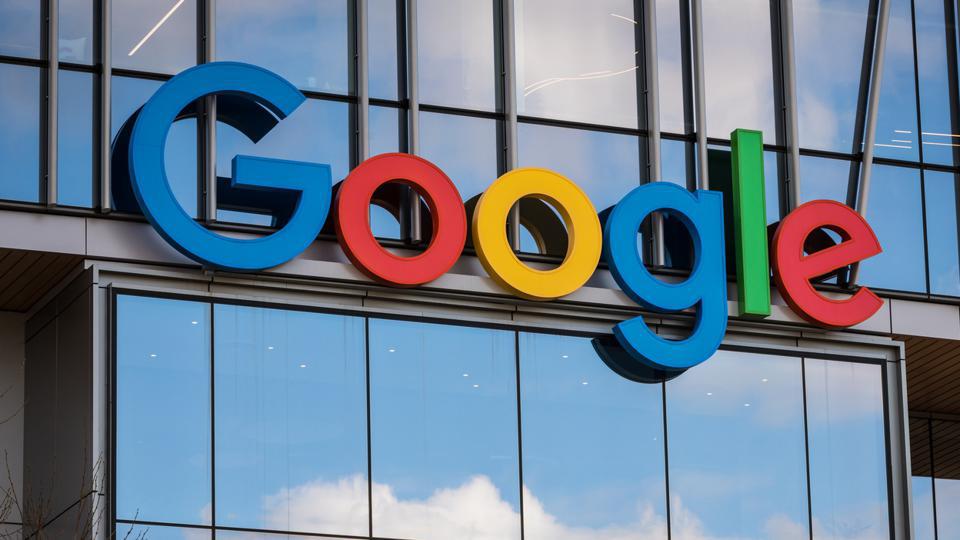The NCLAT decision was in response to a petition Google filed, accusing the tech giant of abusing its dominant position in a number of markets within the ecosystem for Android mobile devices. Google claimed the decision is a setback for Indian users and will increase the cost of such devices in the nation.
On Wednesday, January 4, 2023, the National Company Law Appellate Tribunal ordered Google to pay 10% of the Rs 1,337.76 crore fine issued by the fair trade regulator CCI.
The Competition Commission of India (CCI) penalty was not immediately suspended, however, as the two-member bench refused to do so and stated that any order would be made after hearing from all parties.
CCI has received notices from the appeal tribunal, which has been instructed to set a hearing date for the interim stay for February 13.
The NCLAT decision was in response to a petition Google filed, accusing the tech giant of abusing its dominant position in a number of markets within the ecosystem for Android mobile devices. Google claimed the decision is a setback for Indian users and will increase the cost of such devices in the nation.
CCI fined Google Rs. 1,337.76 crore on October 20, 2022 for engaging in anti-competitive behaviour with regard to Android mobile devices. In its decision from October, CCI also commanded the internet behemoth to stop using a number of unfair business practises.
Google appealed any directives, judgements, or orders made by the regulator to the NCLAT, an appellate body with jurisdiction over the CCI. In its plea, Google has asked for a temporary stay of the sanction.
According to Google, Android not only fueled India’s digital transformation but also tremendously benefited users, developers, and Original Equipment Manufacturers (OEMs) in India.
Furthermore, it asserted that the Director General (DG) had copied and pasted sentences from decisions made by foreign authorities.
